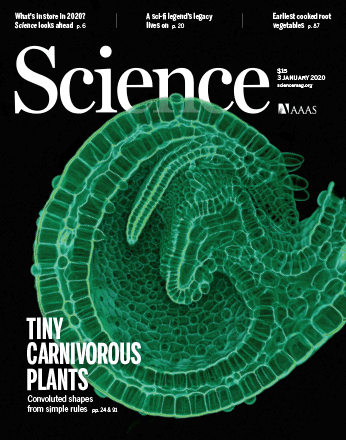Sustainable minerals and metals for a low-carbon future
Climate change mitigation will create new natural resource and supply chain opportunities and dilemmas, because substantial amounts of raw materials will be required to build new low-carbon energy devices and infrastructure (1). However, despite attempts at improved governance and better corporate management, procurement of many mineral and metal resources occurs in areas generally acknowledged for mismanagement, remains environmentally capricious, and, in some cases, is a source of conflict at the sites of resource extraction (2). These extractive and smelting industries have thus left a legacy in many parts of the world of environmental degradation, adverse impacts to public health, marginalized communities and workers, and biodiversity damage. We identify key sustainability challenges with practices used in industries that will supply the metals and minerals—including cobalt, copper, lithium, cadmium, and rare earth elements (REEs)—needed for technologies such as solar photovoltaics, batteries, electric vehicle (EV) motors, wind turbines, fuel cells, and nuclear reactors. We then propose four holistic recommendations to make mining and metal processing more sustainable and just and to make the mining and extractive industries more efficient and resilient.
Language: English
Publisher: NLM (Medline)
Type: Article
CITATION
Sovacool, B., Ali, S., Bazilian, M., Radley, B., Nemery, B., Okatz, J., and Mulvaney, D. (2020). Sustainable minerals and metals for a low-carbon future. Science 367 (6473) 30-33.

